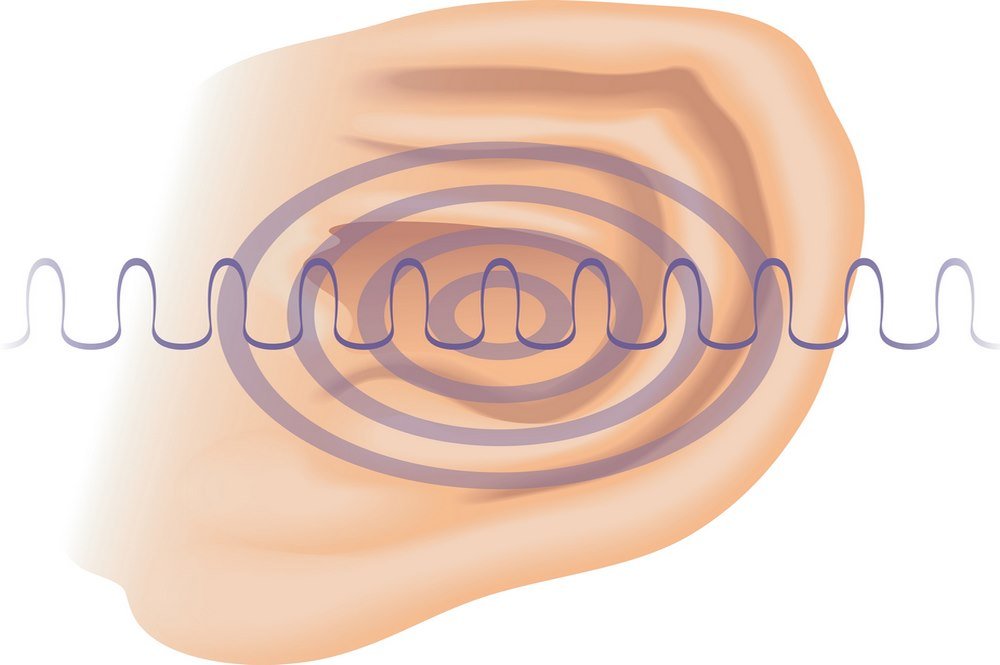Symptomatic

The physician may diagnosis tinnitus, simply on the symptomatic basis. Some queries about the type of ringing in the ears, any associated triggers, aggravating and relieving factors etc. can guide the doctor about the state of tinnitus. There is also a rough grading scale for tinnitus.
- Grade 1: no tinnitus is reported
- Grade 2: mild tinnitus, which is intermittent in nature and is only heard in silent settings
- Grade 3: moderate tinnitus, which is more frequent in occurrence and is heard almost every day
- Grade 4: severe tinnitus, persistent in nature and hampers work and sleep.
The characteristic of the sounds as explained by the patient themselves, can also hint towards underlying conditions.
- Pulsatile type of sound pattern points to any vascular anomaly.
- A high pitched tinnitus is often seen in age or noise- related pathology
- A low-pitched tinnitus may be a presentation of Meniere’s disease.
- Clicking sound often comes from muscular contractions near the sensory organ of the ear.
